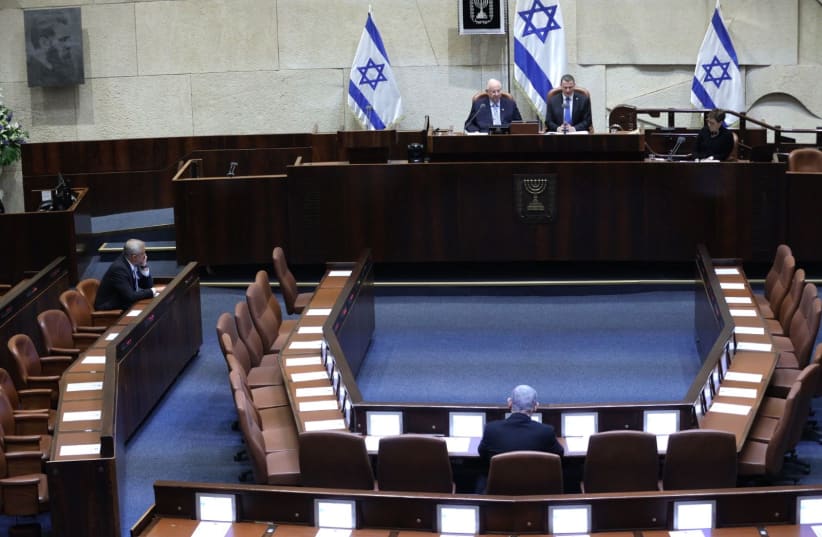But sometimes, improvisation can have its drawbacks, as we’ve seen over the last six months of the government’s handling of the coronavirus pandemic.
Since the initial efficiently managed shutdown that stemmed the outbreak, and the resultant May announcement by Prime Minister Benjamin Netanyahu that restrictions had been lifted and the country’s citizens could start going out and enjoying themselves, there have been a series of last-minute, contradictory decisions made by the coronavirus cabinet, approved by the full cabinet, rejected by the Knesset, and on and on like a pinball in a particular volatile game.
In this analogy, though, the pinball is the Israeli citizen. However, unlike pinball, this game is a deadly one, with more than 1,000 Israeli lives claimed so far and the health system nearing its breaking point of its ability to handle the seriously ill.
The examples are plenty. Take the opening of the school year. There was so much back and forth, indecision and waffling, that thousands of students who lived in “red” locations throughout the country went to bed on August 31 not knowing if they were beginning the school year the next day. Despite all the complex factors involved and the need to balance safety requirements with the necessity of education, couldn’t the decision have been made before 11 p.m. the night before?
The same fly-by-night approach exemplified the government’s plan to shut down red communities this week. The plan went from total shutdown for 30 of Israel’s reddest cities to night curfews on 40 red cities, to a delay in that process, to an eventual implementation. Of course, political considerations were at play and not just bungling inefficiency. But that doesn’t make it any better, in fact, it’s even worse because the country’s citizens were being used as pawns in an intricate power struggle that had little to do with their welfare.
Now we have the High Holy Days approaching. Any reasonable person can sense that the country is headed for a shutdown, as the numbers of infected Israelis keep breaking new records and the percentage of tested who are positive is No. 1 in the world.
The coronavirus cabinet convened on Thursday to discuss various options. As The Jerusalem Post’s Maayan Hoffman reported, the elements are likely to include a ban on travel between cities; requiring people to dine with their immediate families or with no more than 10 people; closing schools, retail establishments, restaurants and leisure activities; and restrictions on the number of congregants allowed at synagogues.
Ronni Gamzu, Israel’s coronavirus commissioner, said on Tuesday that “the holiday season can increase infection, and that requires us to make complex decisions ahead of the holidays. We are working on that.”
There is also the issue of whether the restrictions would be in place just for the period encompassing Rosh Hashanah, Yom Kippur and Sukkot or whether the country is looking at a prolonged closure.
Those are all serious considerations, and as in the past, health and finance officials will likely clash on what the right moves are. That is healthy and reflects a vibrant democracy at work.
But for once in this current crisis, let the debates be held, voices be heard, considerations weighed and a decision be made and approved well before Rosh Hashanah begins next Friday. If families are going to be separated for one of the most important family dates on the Jewish calendar, they should know in advance.
The wrench in the works of the whole process is the planned journey by Netanyahu next week to Washington for the ceremony marking the normalization of ties between Israel and the UAE.
With the ceremony set for Tuesday, and given that Netanyahu’s invitation from US President Donald Trump is one he can’t refuse, it’s imperative that a decision on Israel’s status during the holidays is finalized by the beginning of the week, not at the 11th hour.
It’s time for the government to make a decision ahead of time and stick to it.
